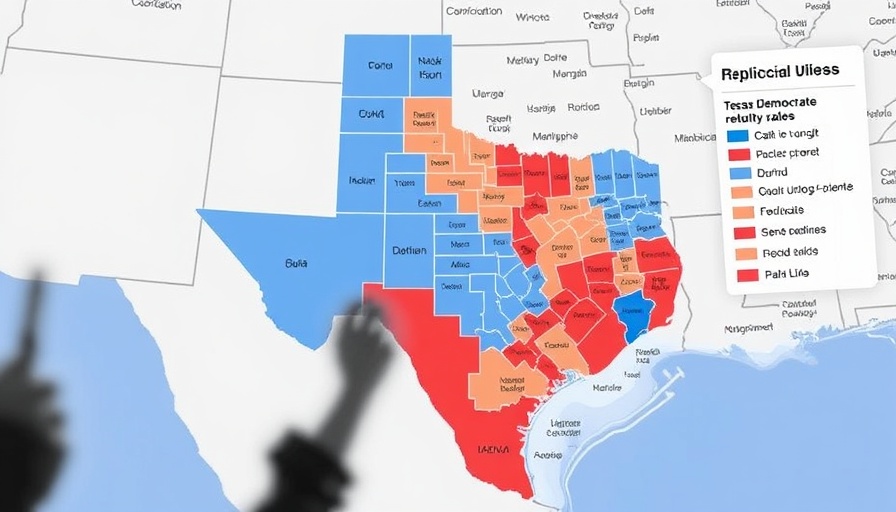
The Capture of Trevor McEuen: A Turning Point in Community Safety
The recent apprehension of Trevor McEuen, a suspect in the capital murder of Aaron Martinez, has sent ripples through Kaufman County and beyond. McEuen, who had evaded law enforcement since May by removing his ankle monitor, was captured early Monday morning at a residence in Van Zandt County. This dramatic turn of events marks a significant moment for community safety and law enforcement's relentless pursuit of justice.
The Timeline of Events: From Evading Justice to Captured
Trevor McEuen had been a fugitive for several weeks. Following the alleged murder of his neighbor in May 2023, he managed to slip from authorities' grasp after disconnecting his ankle monitoring device. Weeks of surveillance and investigation by the Kaufman County Sheriff's Office eventually led to his arrest after they executed a search warrant at a property. The situation unfolded early in the morning, and law enforcement tactically entered the home, effectively apprehending him without incident.
Community Reactions: A Sense of Relief
For many in the community, the news of McEuen's capture brought a sense of relief, particularly to the family of Aaron Martinez. Salvador Martinez, Aaron's father, expressed his fears and unease during McEuen's time on the run. He maintained that his family felt unsafe even in their own home, opting to stay in Houston until they learned that McEuen had been taken into custody.
The Legal and Moral Implications
With McEuen now in custody, he faces a severe legal battle. He is charged with capital murder, five counts of aggravated assault with a deadly weapon, and arson. Additionally, there are calls from community activists and family members for prosecutors to consider filing hate crime charges based on what they describe as McEuen’s harassment towards the Hispanic community.
Investigation: Searching for Abettors
The Kaufman County Sheriff's Office continues to investigate the circumstances surrounding McEuen's time as a fugitive. Authorities are examining whether he received help from anyone while in hiding. Such inquiries bring up critical discussions surrounding accountability and community responsibility in times of crisis.
A Broader Perspective: Crime Rates and Community Safety
This case is not just about one man’s actions; it reflects broader issues of crime and safety in East Texas. The apprehension of McEuen echoes a call for vigilance among citizens and emphasizes the importance of collaborative community efforts with law enforcement. In recent years, rising crime rates have sparked debates on how communities can work together to ensure safety and support victims’ families more effectively.
The Road Ahead: Justice and Healing
The process of seeking justice for Aaron Martinez and his family is just beginning. As McEuen prepares to face the courts, the community remains hopeful for a transparent legal process and that justice will be served. This case serves as a reminder of the importance of community unity, support systems, and the role that law enforcement plays in ensuring that justice prevails.
Conclusion: Stay Informed and Active
For residents in Kaufman County and surrounding areas, it's crucial to stay informed about ongoing developments in this case and to engage in discussions about community safety and support. As we reflect on the narrative of Trevor McEuen's apprehension, we are reminded that vigilance, collaboration, and compassion can pave the way for a safer community.
 Add Row
Add Row  Add
Add 




Write A Comment